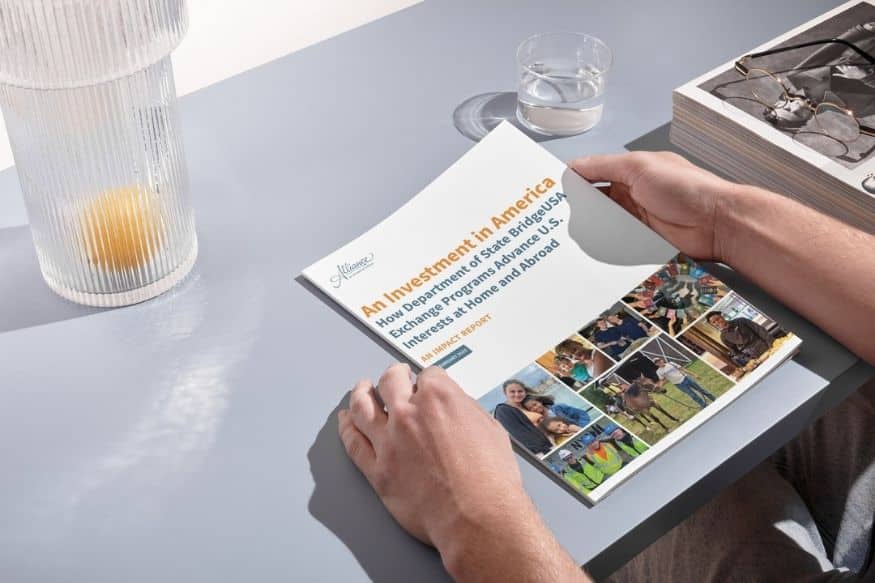Email is one of the most common forms of business communication; you’ll be sending a lot of them during your internship or training program in the U.S. It can be tempting to treat them like notes to a friend or family member, especially if your workplace environment is more casual than corporate. But remember that you are representing yourself as a professional through your work emails. And if your goal is to further your career, you should abide by professional standards in all aspects of your workplace conduct. We’ve put together some guidelines to help you impress your colleagues.

Photo courtesy of Pexels
1. Salutation/greeting and closing
First impressions are important, so begin your email with a professional salutation. The appropriate way to start an email usually depends on how formal or informal the office culture is. Don’t be afraid to take hints from your colleagues at your host employer. How do they address you in an email? If you’re not sure, it’s always better to be more formal than casual.
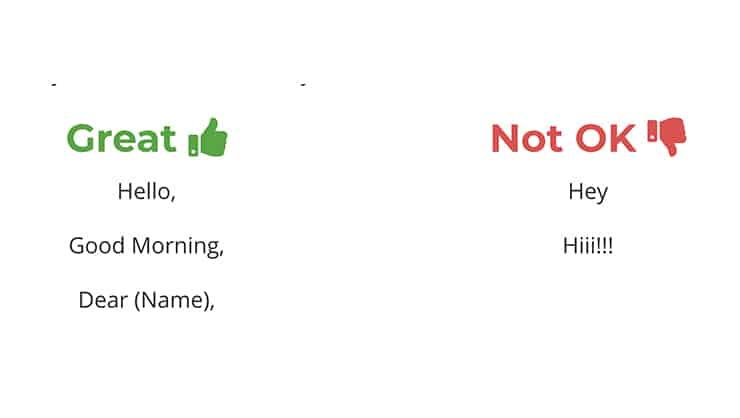
When closing an email, use your name and signature, which should have your contact information.
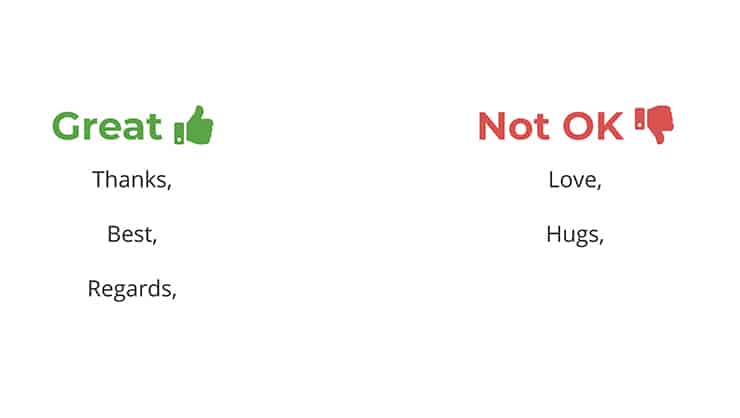
2. Subject line
Always include a subject line. Give the person you are emailing an idea of what your email is about. If the recipient receives lots of emails, your subject line will let them know with a quick glance what to expect from yours. It’s polite and makes it easier for both you and the recipient.
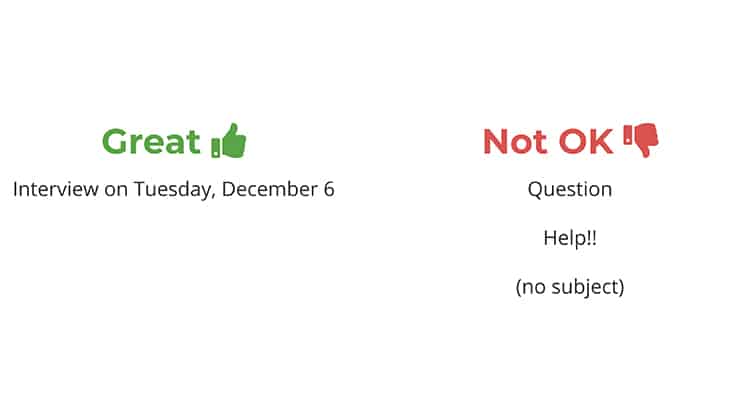
3. Emojis and exclamation points
Emojis, smileys, and excessive exclamation points are unprofessional, so do not use them. Even if you have a relatively close relationship with colleagues and joke around, a workplace email is not the place to do this. Also make sure not to include too many exclamation points, even if you are excited by something. They can make you and your writing look immature or as though you are yelling at the recipient, neither of which is good. Use caution with humor or sarcasm, as they may not be interpreted as you intended via email.
4. Colloquial language
Do not use slang or colloquial, or informal, language when emailing with colleagues or your supervisor or casual abbreviations such as “lol.” Emails should have work-appropriate language and the content should be related to your work.
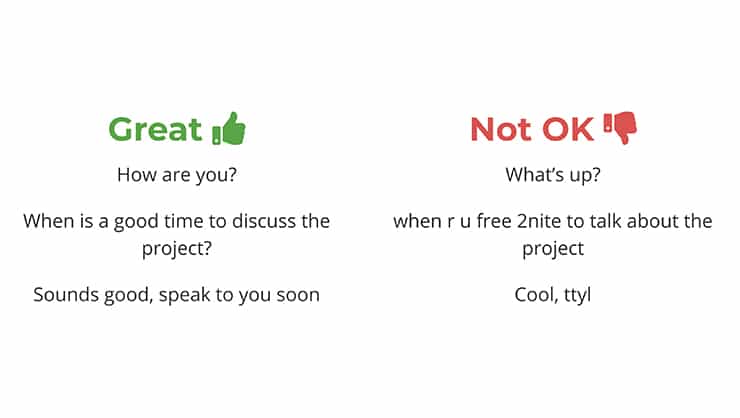
5. Be concise
Try to get to the point quickly in your email. A greeting such as, “Hope you had a nice weekend” is fine to begin your email, but it is important to be clear, concise, and on topic. Avoid using long, complicated sentences or extra words if unnecessary. Reread the email before you send it; is it easy to understand? It may seem silly at first to go back and edit an email, but remember that everything contributes to the impressions you give in the workplace.
Additional tips:
It is very important to try to be resourceful before asking your supervisor or colleagues a question. Can you find out the answer on your own? If so, you may not need to send an email.
Always proofread your emails before sending them! Check for typos and incorrect spelling so you do not appear unprofessional or sloppy.
There are many cultural differences in communication, and this certainly affects email communication. It’s OK to ask questions if you do not understand something. A good tip is to pick up on your company’s email practices. How do your supervisor or colleagues communicate via email?
The most important tip: Always be professional and respectful in your email communication.
Thinking ahead about your next position? Don’t forget that your social media presence is also an important part of your digital professionalism. Learn how to (present yourself on social media here)[/blog/international-participants/leverage-social-media-to-find-the-right-internship-for-you]. And if you want to learn more about intercultural communication styles in general, check out our blog post on Proxemics and Intercultural Communication.



